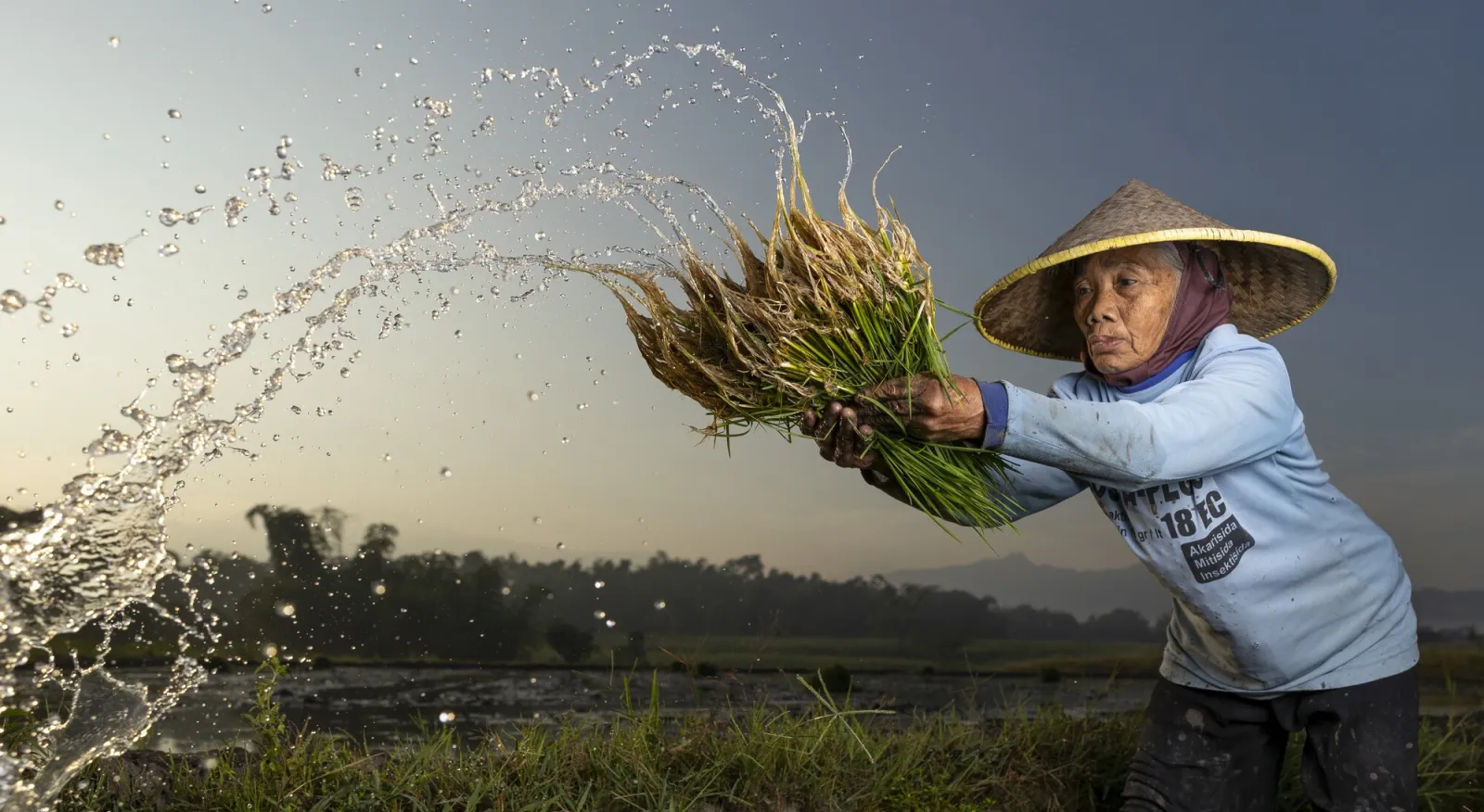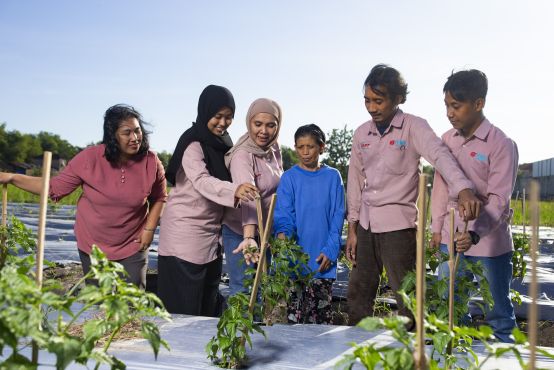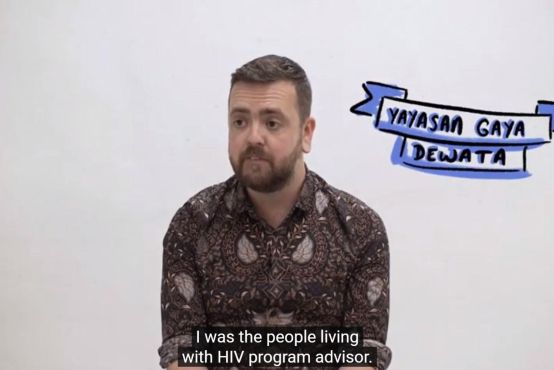
About Indonesia
Indonesia is the largest country in Southeast Asia and plays a critical role in the region. The country is a member of the G20 and is the world’s fourth most populous nation, with the world’s tenth-largest economy.
Geographically, Indonesia is the largest archipelago in the world. It is a mountainous country, with the highest peak reaching 4,000 metres above sea level. Indonesia is perched on the Ring of Fire with more than 400 volcanoes, 100 of which are active.
Indonesia was impacted by colonial rule and has had a difficult history, especially between 1945 and 1999. The events that occurred during this period and how they were portrayed remain highly emotive and should not be questioned or discussed openly while in Indonesia.
After decades of colonialist rule and dictatorship, Indonesia has recently enjoyed a period of relative political stability with a democratically elected government since 1999. However, this period has not been without challenges.
Over the past 20 years, Indonesia has made enormous gains in poverty reduction. Since 1999, the poverty rate has been cut by more than half to 9.8% in 2020. However, of a population of around 270 million, about 26 million people still live below the poverty line, with a large number living on or just above the poverty line.
Indonesia faces significant social and economic inequality between its different regions, and considerable challenges remain before Indonesia can achieve its long-term development goals.
Australian volunteers have been supporting development in Indonesia since 1951.
Learn more about the Australian Volunteers Program's work in Indonesia.
Key things to consider about volunteering in Indonesia
- Cultural norms can differ by region. It is important to remember that in such a large and diverse country like Indonesia, volunteer experiences vary widely depending on where and what your assignment is.
- Managing dietary requirements can be a challenge. Read more in the food and dining section below.
- There is a different medical care standard to Australia. Hospitals may not be as well-equipped as those in Australia. Some medications, such as certain ADHD medications and anything cannabis-related, are illegal.
- Rural assignments will see less choices for transport and housing, but offer a greater understanding of Indonesian culture.
Partner spotlight in Indonesia
Learn how our partner Pemberdayaan Perempuan Memerangi Kemiskinan (PPMK) has supported women experiencing poverty to set up sustainable small businesses.

Culture and religion
Indonesia is a country made up of thousands of islands, and cultural elements of day-to-day life vary greatly based on location. It is highly recommended volunteers do further research based on where they will be located.
When in Indonesia, a conservative approach to situations is recommended. Modesty in dress and behaviour are respected practices. In some regions of the country, people tend to avoid displaying emotions openly, especially in professional settings.
Volunteers should aim to blend in as much as possible through dressing and behaving in a manner that is appropriate to members of the local community. While Indonesian people are generally very friendly and welcoming, volunteers may be judged on how they appear and behave.
Religion
While Indonesia is a secular state and recognises multiple religions, more than 80% of Indonesians identify as Muslims. Consequently, many of the state's laws, regulations and social norms are strongly influenced by Islamic principles. This includes attitudes towards same sex partnerships, sexual relationships outside of marriage and alcohol consumption, even though these activities are not illegal.
Dress
Indonesia's dress codes vary based on its diverse cultures and religions. Overall, modesty is appreciated, particularly in rural or conservative communities.
In cities, people often wear casual clothes like jeans and T-shirts, while traditional outfits are common during cultural events. In formal settings, Batik is popular. Modesty is valued, especially in predominantly Muslim regions. Visiting religious sites requires dressing modestly. At the beach, covering up outside designated areas is advised. Being culturally sensitive and adapting clothing choices to local customs is important.
Language
Bahasa Indonesia is the most spoken language and is the official and national language of the country. However, there are more than 700 indigenous languages currently in use in Indonesia. There is limited use of English outside of major urban areas, so most volunteers need to learn basic conversational Bahasa Indonesia to support their work and daily activities.
The program provides funding to support language lessons. More information on this process will be available during the onboarding process.
Explore our Pride Guides
LGBTQIA+ program participants must be aware of the country's context before undertaking an assignment. Pride Guides are designed to introduce key issues related to people with diverse SOGISEC and their participation in the program.
Learn more
Day to day life
Climate
The weather can be different in various parts of Indonesia. For instance, in places like Bali and Java, the rainy season may not be as strong as in other areas.
Overall, the weather is mainly tropical with relatively high humidity and warm temperatures reaching around 30°C throughout the year. The country experiences two seasons, wet and dry, with the dry season from May to September and the wet season from October to April in most regions.
Indonesia also experiences transitional periods between the wet and dry seasons. These transitional periods, known as the 'inter-monsoon' seasons, occur from April to May and from September to October. During these times, weather conditions may be less predictable, with a mix of rain and sunshine.
It is important to note the effects of climate change on day-to-day life and weather patterns in Indonesia. According to the World Bank, 'Indonesia is highly vulnerable to climate change impacts, including extreme events such as floods and droughts, and long-term changes from sea level rise, shifts in rainfall patterns and increasing temperature.'
Telecommunications
Indonesia has a rapidly expanding internet infrastructure and access to internet is widely available in urban areas and popular travel destinations.
Food and dining
Food plays a significant role in Indonesian culture, and food stalls and restaurants can be found on nearly every street.
Indonesian people generally buy their food at local traditional markets or from vendors who travel through residential areas. In larger urban areas there are larger centrally located markets, as well as minimarts and large modern supermarkets, which often stock the same goods found in an Australian supermarket.
It can be challenging to be a vegetarian or vegan in Indonesia, but fresh vegetables, fruits, tofu and tempeh are readily available. Gluten-free products are still not common in Indonesia and only available in high-end supermarkets in large urban centres.
Accommodation
Accommodation will differ from rural to urban contexts with differences in cost and variety. In urban areas, volunteers can choose to stay in furnished accommodation like an apartment, private house or in a student-style accommodation known as a 'kost'. A kost includes a private room and bathroom with a shared kitchen area.
Rural areas may have less variety and more basic amenities. Options include a private house or a room in a family home.
Find out more about in-country allowances.
Transport
Indonesia relies heavily on air and sea travel to connect the islands. The only rail network is found on the island of Java, with only Jakarta and surrounding satellite cities linked by a mass rapid transit system of rail, bus and subway.
In urban areas, the most popular form of transport is app-based motorcycle and taxi services. These are cheap, reliable and generally considered safe.
In more rural areas there are minibus services and informal taxi and motorcycle taxi services. Larger buses provide transportation between major cities and towns.
Volunteering in Indonesia
Australian volunteer Beau shares his story about working with Yayasan Gaya Dewata, an organisation working to raise awareness and support people living with HIV and AIDS in Bali, Indonesia.

Personal safety
When it comes to your safety and security you must be willing to adapt your behaviour and lifestyle to minimise the potential for being a target of crime. Like anywhere in the world, crime does exist in Indonesia.
Indonesia is generally considered safe and there are minimal security risks, with most crime opportunist and non-confrontational, such as theft and pickpocketing. While terrorism remains a continued risk in the region, security forces have worked to significantly reduce this risk over the past 10 years.
As Indonesia is located in the Pacific Ring of Fire, there is a risk of an environmental disaster such as earthquakes, volcanic eruptions, and tsunamis. The wet season often sees extensive flooding.
Compliance with security guides and active responses to security and safety advice must be adhered to while on assignment.
Personal safety issues constantly evolve, we recommend you keep an eye on Smart Traveller for current information.
Mobility and accessibility
We’re committed to ensuring that international volunteering is inclusive and accessible to Australians from a range of backgrounds, with diverse perspectives, identities and abilities.
To support this, Access and Inclusion Plans are available for volunteers with disabilities to assess their needs and ensure their living and working requirements are fully considered. Indigenous Pathways is an Indigenous-led program that focuses on providing culturally safe, flexible and tailored support for Aboriginal and Torres Strait Islander volunteers.
Before applying for a volunteering assignment in Indonesia, please do some further research on living in Indonesia and the organisation you are hoping to volunteer with. Successful applicants will have the opportunity to discuss expected living and working arrangements with their recruitment officer.